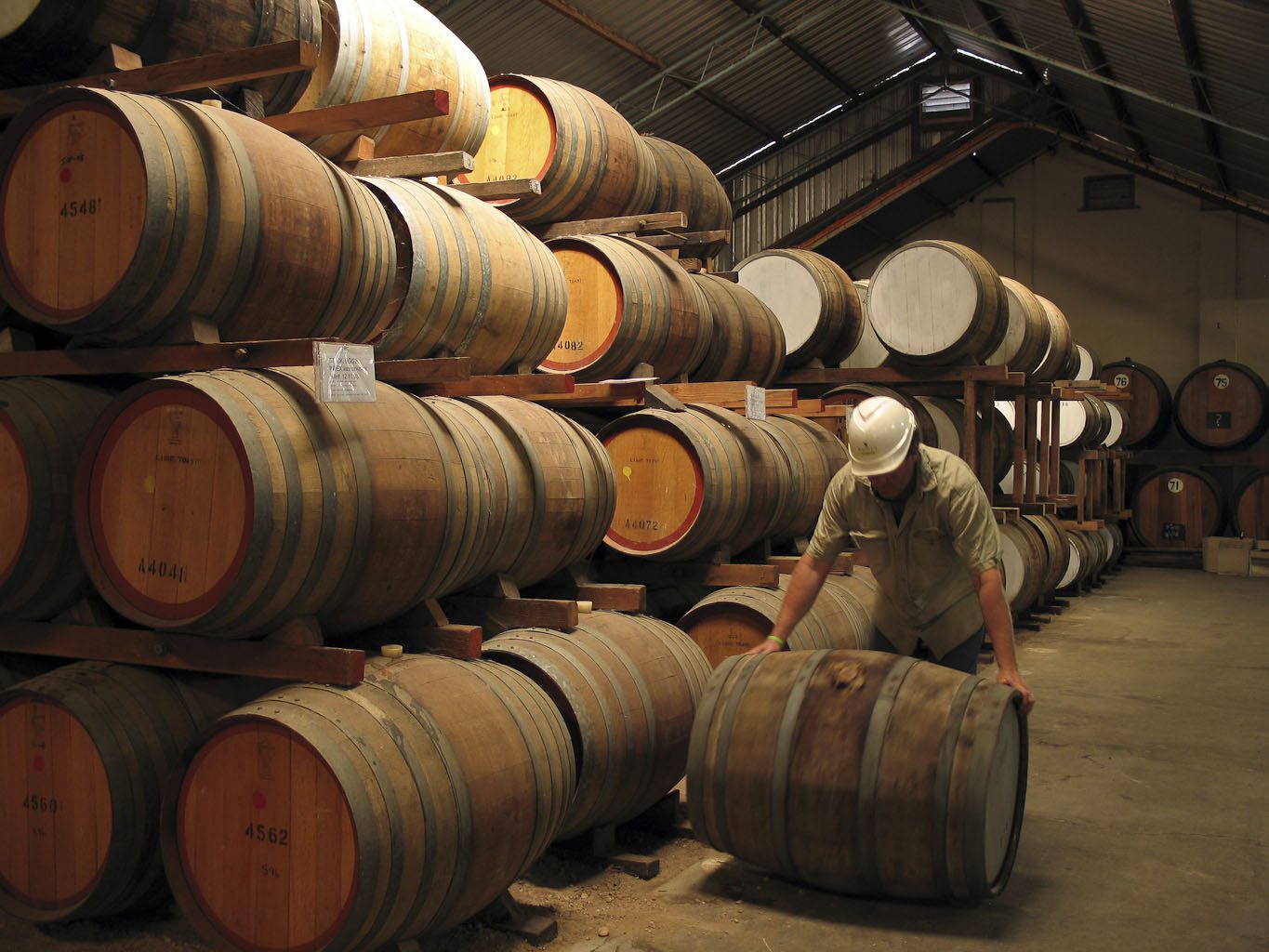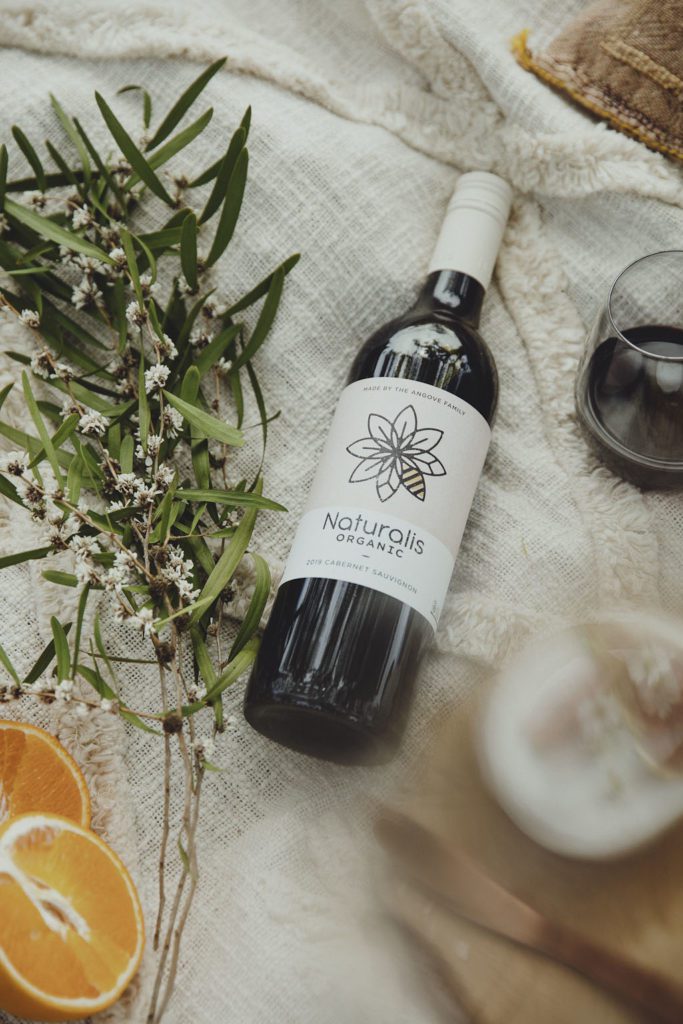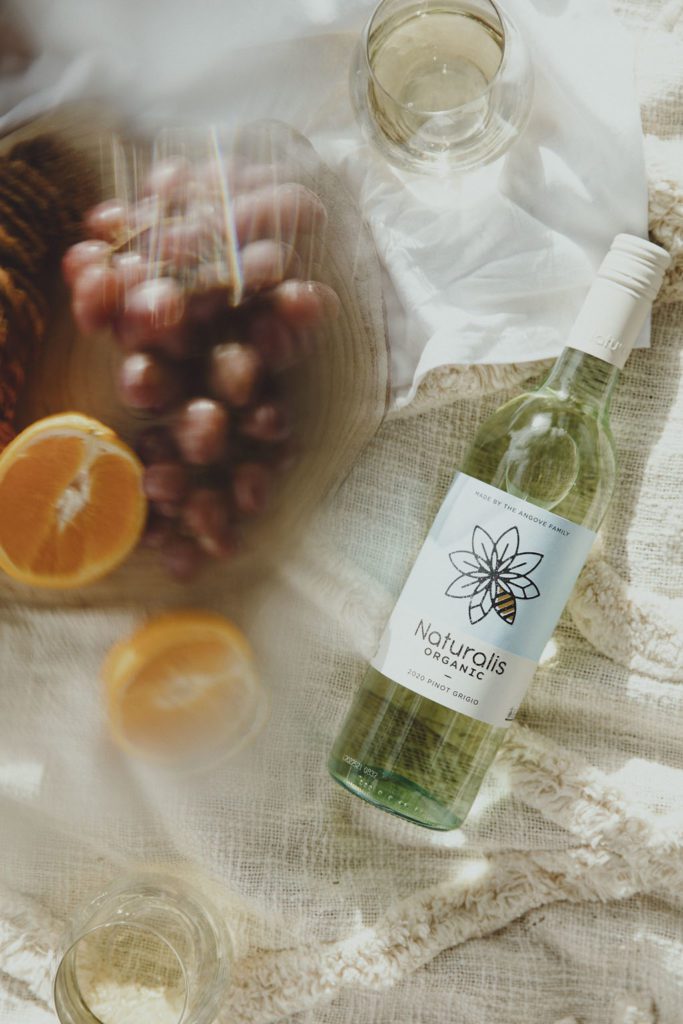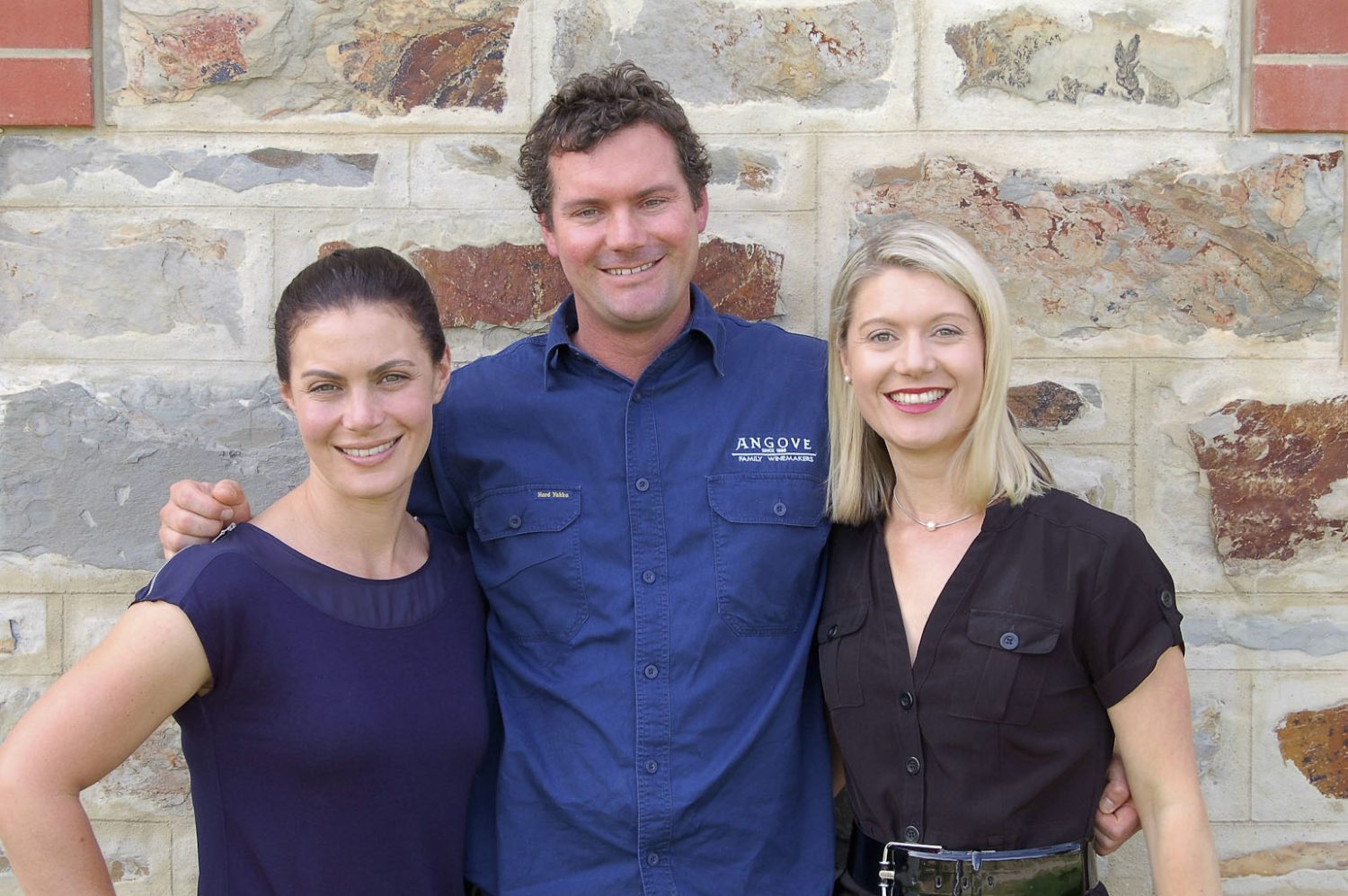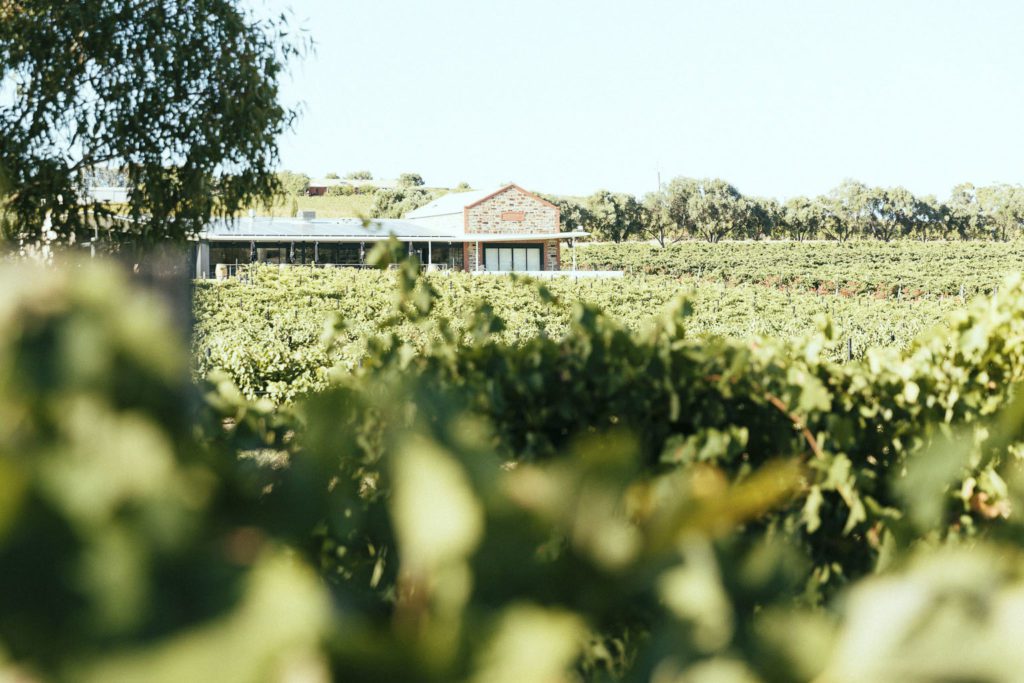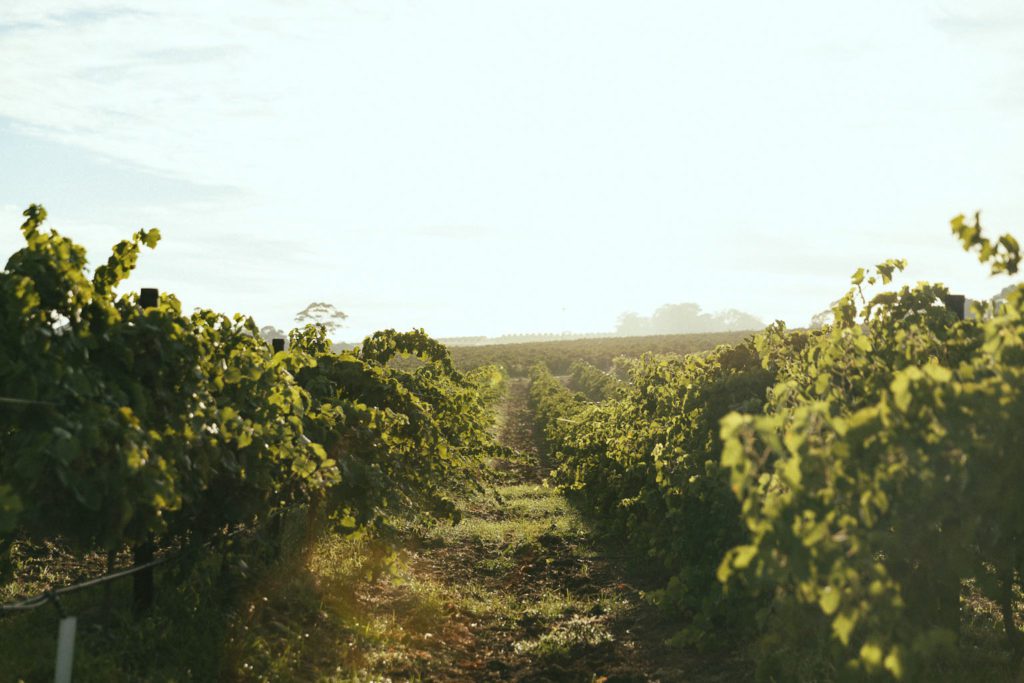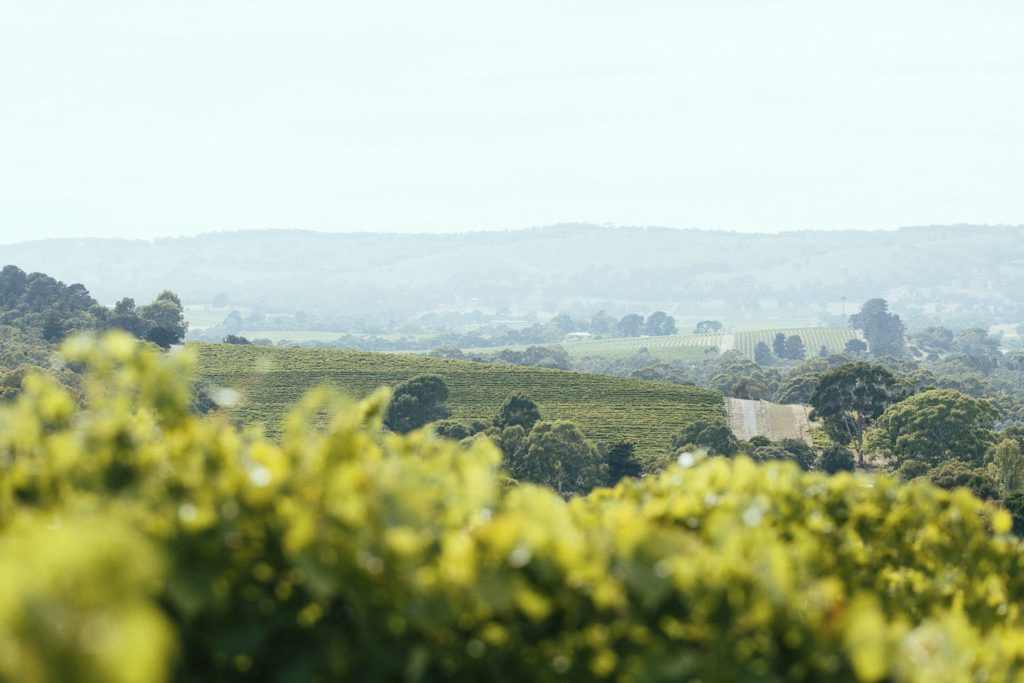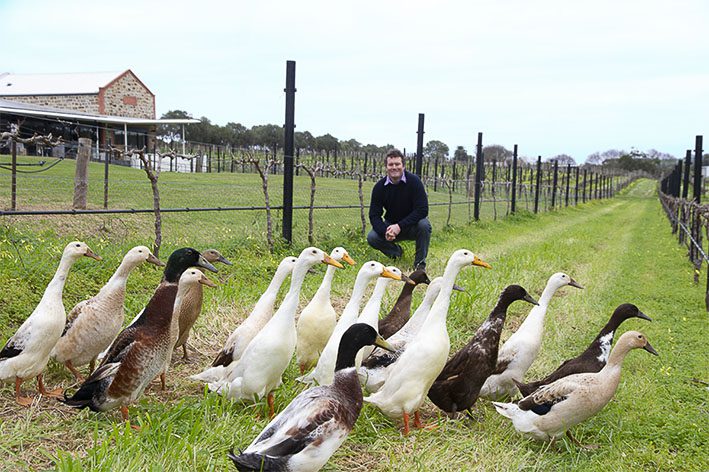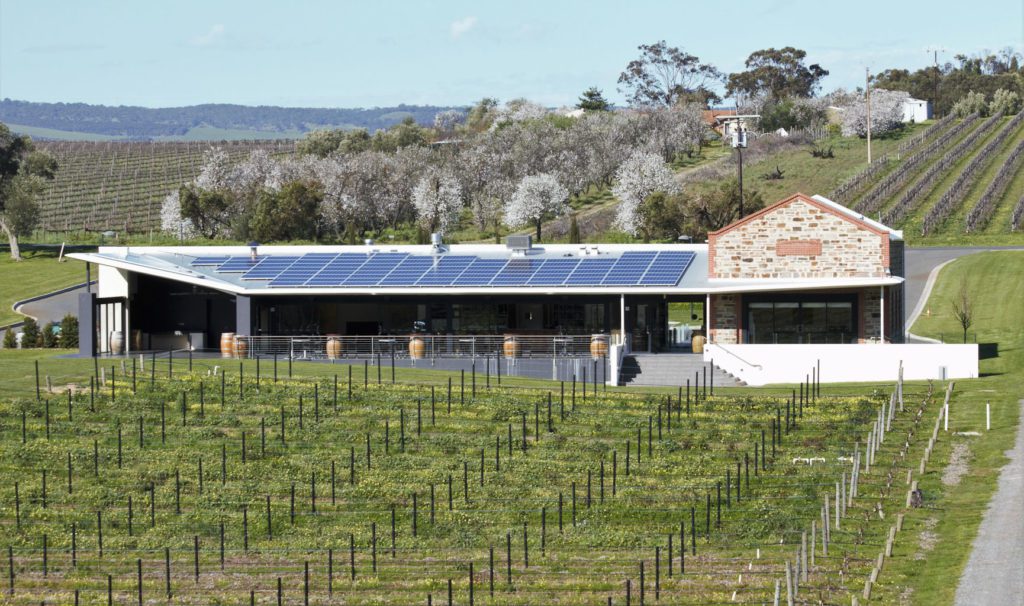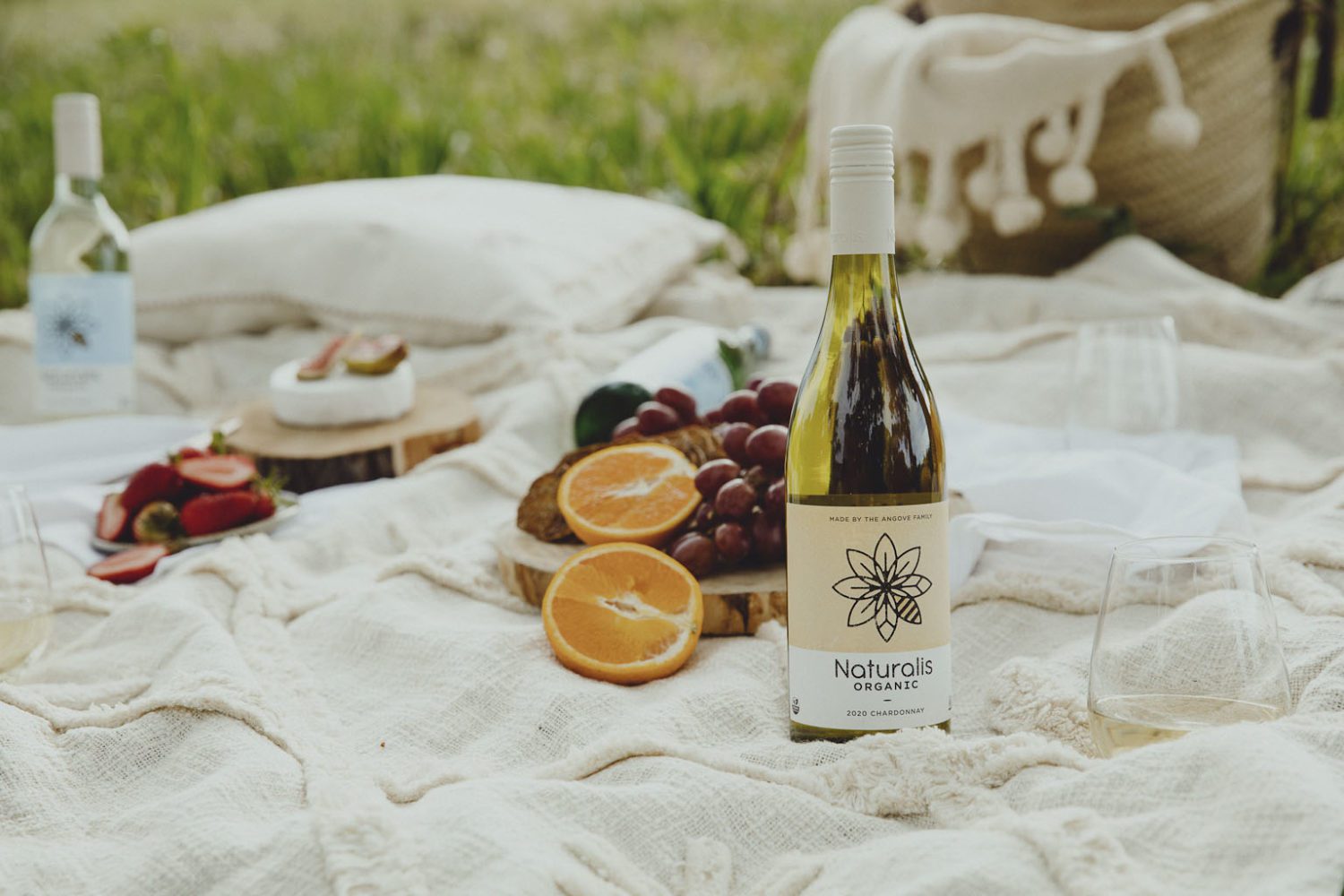WINE
The 1,2,3 of going chemical-free – all you need to know about choosing Organic

WORDS: PHOTOGRAPHY
The demand for products that are good for both our health and the planet has risen significantly in recent times, with organic produce and beverages gaining accelerated interest and popularity. However, as the world marches to making conscious changes to their lifestyle and switching to organic, we are also faced with a lot of buzzwords and questions.
So how are we supposed to know what is truly organic? And is it any good?
To answer these questions, we spoke with Joint Managing Director of Angove Family Winemakers, Richard Angove to understand the what and why of organic products.
First and foremost, why choose organic?
- It’s better for you
Over the years, studies have established the important role soil plays in supplying nutrients to our diets, especially when exposed to chemical pesticides and fertilisers, which can directly and indirectly impact our health. Angove Family Winemakers’ Certified Organic protocols deliberately avoid the artificial chemicals, pesticides, fungicides and herbicides. Its “honest” wines rely entirely on the quality of the land, the care of the winegrower, and the biodiversity of the region it was grown in. Wine is about great fruit flavour – when we treat the soil and environment the best we can with Certified Organic growing principles, we get the best tasting fruit making the most delicious wines….It’s all about flavour!
- It’s better for the environment
Buying organic is also better for the environment. Organic vineyards contribute to the natural ecosystems that they exist in. They naturally use less water (due to the higher amount of compost and organic matter in the soil that holds water more efficiently), and don’t pollute the surrounding environment with dangerous chemicals and fertilisers. Angove Family Winemakers developed a process called The ‘Vinguard’, which is led by a colony of honeybees, a posse of Indian runner ducks, an invisible night patrol of microbats and fragrant organic roses, all ensuring that everything used in the winemaking process comes from nature, pure and clean.
- It’s gives you peace of mind
What you see is what you get with Certified Organic products. There is a rigorous process that must be strictly adhered to in order to gain certification, or you run the risk of losing your accreditation. Certified Organic wines give consumers the peace of mind that what they are buying is pure, authentic and made to strict organic guidelines guaranteeing great quality.
Now that you know more about the benefits of choosing organic, how can you tell if something is truly Certified Organic?
In a nutshell, look out for a Certified Organic label. Australian guidelines only require 2% of inputs to be organic for a product to be labelled as such, so in order to ensure the products you are consuming are truly organic, look for a certification on their label, such as Australian Organic’s recognisable ‘Certified Organic’ bud logo.
This means that the process is strictly monitored by a third-party regulator. Companies and producers have to undergo an intense and continuous audit process to ensure they can be classified as certified organic. So, when you see that bud logo on a bottle of Angove Wine or other products, know you are in safe hands.
If ever in doubt, do your research. Staring at a wide range of wines and other products can be confusing. With different brands highlighting their wine’s organic credibility in different ways, it can be difficult to understand what is truly organic or not at first glance. A quick Google search will help you separate buzzwords from accurate claims.
To celebrate Australian Organic Awareness month this September, look out for the Certified Organic logo when you’re selecting your next wine bottle. Also, remember to buy Australian and support the fantastic local producers and their families!


